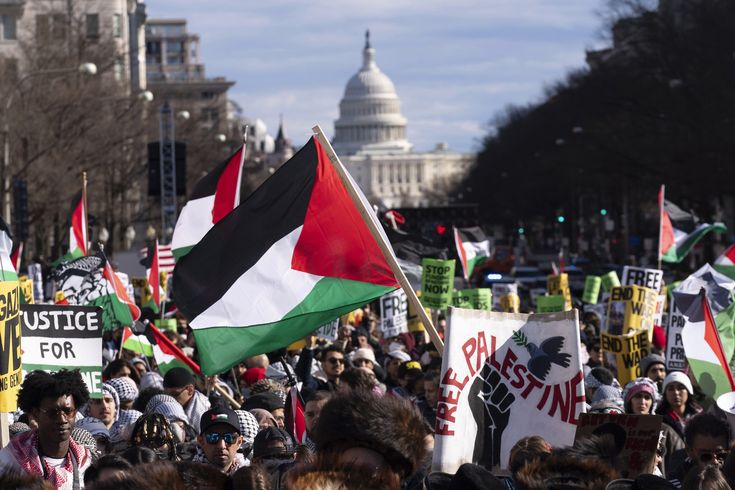
Israel Defends Gaza
Jerusalem, August 9, 2025 — Israel has firmly rebuffed widespread international condemnation of its newly approved plan to take control of Gaza City. Following approval by the Israeli Security Cabinet, Defense Minister Israel Katz emphasized on Friday that global criticism “will not weaken our resolve” to carry out the military operation.
Cabinet Approval Amid Mounting Concerns
In a decisive move, Prime Minister Benjamin Netanyahu’s Security Cabinet granted the green light for a military takeover of Gaza City — the largest urban center in the Gaza Strip. The plan aims to dismantle Hamas’s hold, rescue hostages, and restore security, with Israeli forces establishing temporary control and eventually transferring authority to Arab entities not aligned with Hamas.
International Outcry Across Continents
The proposal triggered an immediate global backlash, with foreign ministers and leaders from Europe, the Middle East, Asia, and beyond denouncing the plan as dangerously escalatory:
-
United Nations Secretary-General António Guterres called it a “dangerous escalation” that could dramatically worsen Gaza’s humanitarian crisis.
European nations — including Germany, UK, France, Belgium, Netherlands, Denmark, Italy, and New Zealand — issued strong statements. Many warned the operation risks violations of international humanitarian law, with some suspending arms exports to Israel.
Germany specifically suspended military exports to Israel indefinitely, citing growing concern over civilian harm.
Australia, China, Turkey, Egypt, Jordan, Saudi Arabia, Iran, and others called the plan a breach of international law and a threat to regional stability.
-
UN Human Rights Chief Volker Türk condemned the plan, urging a halt and reiterating obligations under international legal frameworks.
Al Jazeera
Israel’s Unyielding Stance
Despite the global uproar, Israel’s top officials remain resolute. Defense Minister Israel Katz declared that the international jibes would not derail their mission. Prime Minister Netanyahu has defended the strategy as necessary to dismantle Hamas’s infrastructure and secure hostages. He reaffirmed that no permanent control of Gaza has been planned, and is open to transferring governance to Arab partners.
Domestic Dissent and Civil Concerns
Even within Israel, opposition is growing. IDF Chief of Staff Eyal Zamir has expressed reservations, warning that a full-scale ground operation could lead to high civilian and military casualties. Families of hostages also fear the offensive could jeopardize ongoing rescue efforts.
Humanitarian Catastrophe Escalates
Humanitarian agencies warn of dire consequences. Due to massive disruptions in aid distribution, Gaza is already in danger of starvation. A military operation over densely populated areas could displace hundreds of thousands more, compounding the suffering of civilians.
Diplomatic Moves & Security Council Session
Global diplomatic efforts intensified as leaders pushed for de-escalation. A rare emergency meeting of the UN Security Council was convened to address the crisis. European Council President Ursula von der Leyen and others called for reconsideration of the plan, stressing that peace hinges on diplomatic solutions, not military occupation.
Egypt and Jordan, fearing mass displacement, implicated the takeover as a direct affront to Palestinian rights and regional stability, lobbying for pressure via the UN and Arab League.
Political Isolation Grows for Netanyahu
Internationally, Netanyahu’s Israel stands increasingly isolated. Allies like Germany and European nations are reviewing diplomatic ties and imposing sanctions. Institutions across the globe are calling for a ceasefire, humanitarian corridors, and a revival of peace talks leading to a two-state solution.
Summary Table
| Stakeholder | Position on Plan |
|---|---|
| Israel Government | Defends plan, asserts necessity |
| UN & International Leaders | Strongly condemn, call for ceasefire |
| Germany & EU | Suspend arms, elevate diplomatic pressure |
| Regional Arab States | Label plan violation of law, call for intervention |
| Israeli Military | Express internal concern over human cost |
| U.S. Position | Reserved, highlights humanitarian focus |
What Lies Ahead?
The world stands at a crossroads. The Israeli plot to take over Gaza City has the potential to change the course of the conflict; it may either end the hostage situation or cause more severe humanitarian disaster in the area. Meanwhile, global actors demand a path back to diplomacy and humanitarian engagement.
As the UN Security Council deliberates over the weekend, all eyes remain on whether international pressure can alter the course of this sharp escalation.
Lorem ipsum dolor sit amet, consectetur adipiscing elit. Ut elit tellus, luctus nec ullamcorper mattis, pulvinar dapibus leo.
For more world related news
